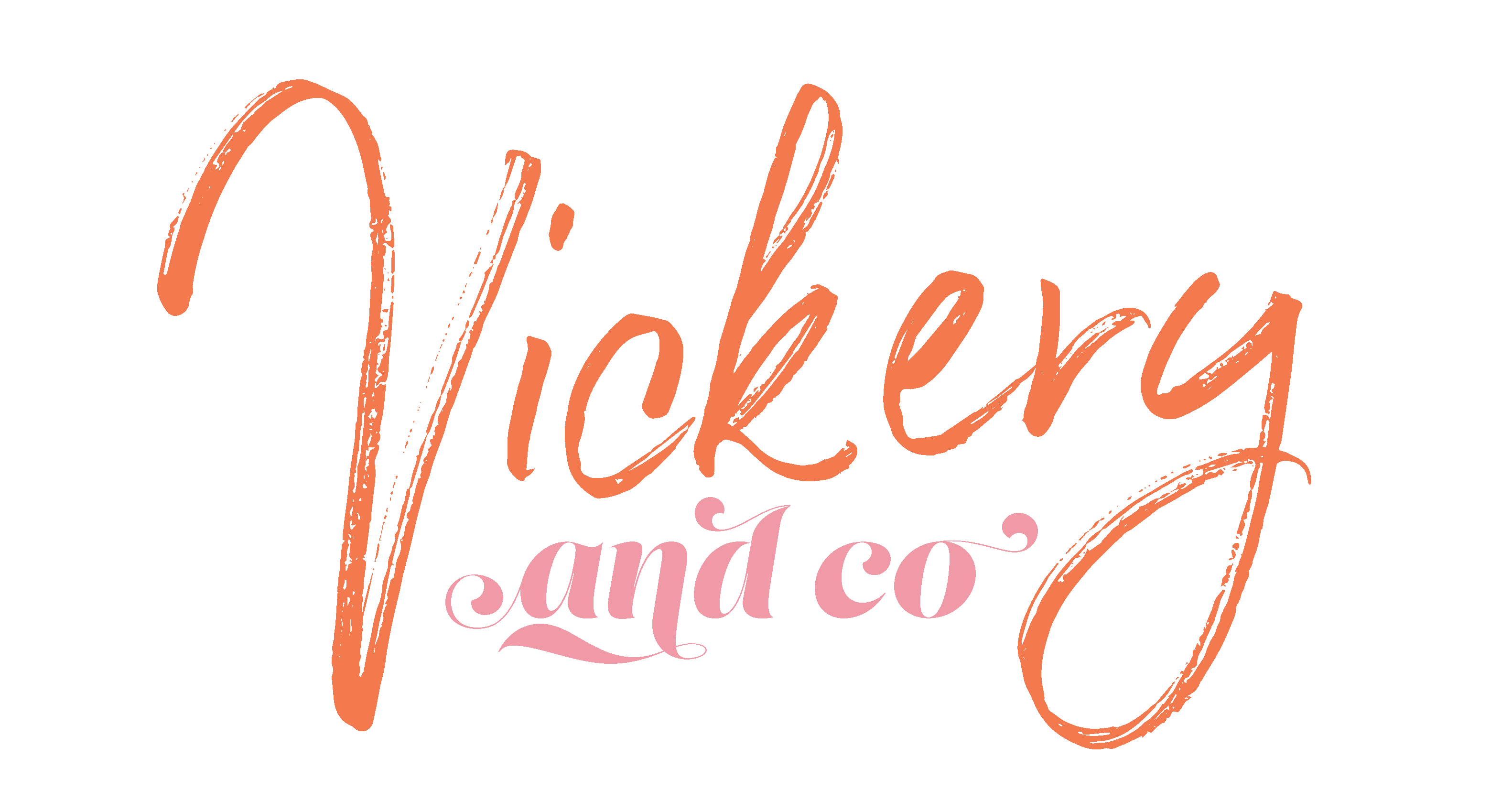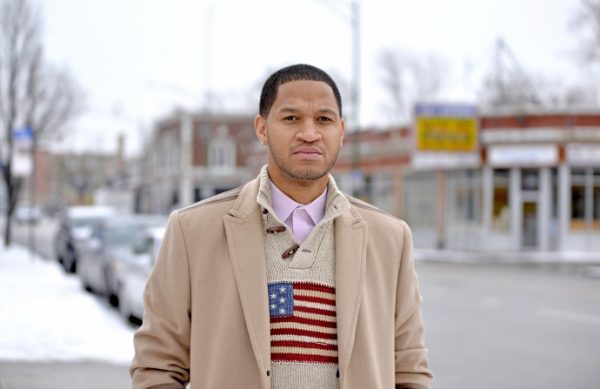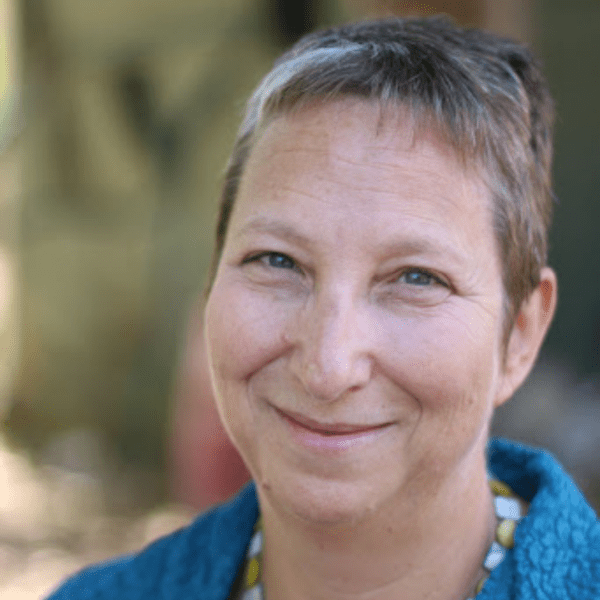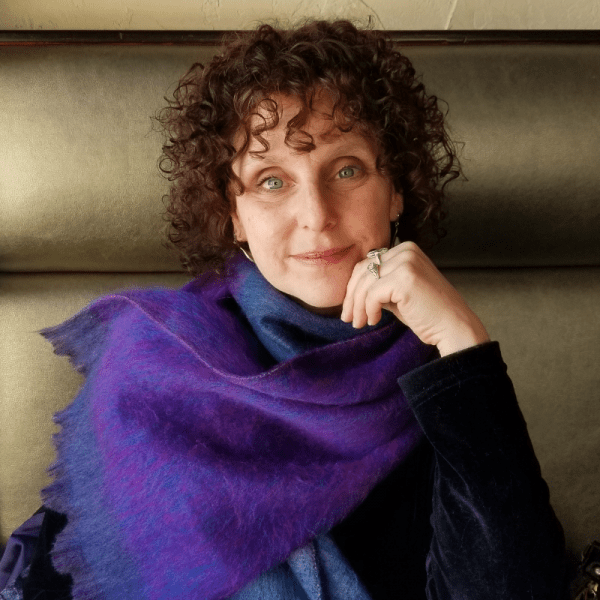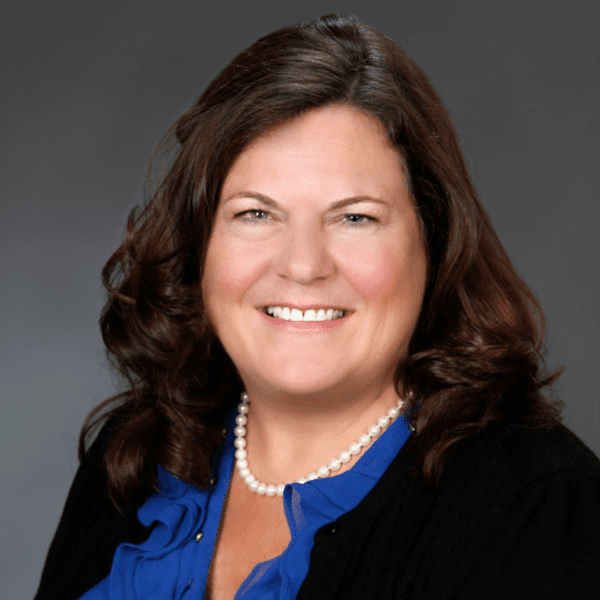The Long and Short of It
We don't really have to tell you how important it is to get enough sleep—Your body tells you every day. When you wake up rested, you're in a good mood. You're more likely to be positive and focused. When you don't, well, you're not.
But getting enough sleep doesn't just affect you in the short term. Recent studies show that if you're regularly sleeping less than eight-ish hours, that time adds up. It becomes what researchers call a sleep debt. That sleep debt means you're more likely to develop Alzheimer's, depression, diabetes, heart disease, and even cancer.
Waiting for a Sleepy Feeling
So, it's clear that sleep is crucial to our short and long-term health. If you're a busy adult, though, the act of sleeping might be more complicated than just lying down and closing your eyes.
Sleep consultant Martha Lewis says that insomnia can come about from multiple factors. You might want to limit the time you spend in front of a screen at night, for example. The blue light that your device emits suppresses melatonin (the hormone that helps you sleep). Or if you eat a big meal before you go to bed, the digestion process might disrupt your sleep cycle.
Still, it isn't just about what we do right before bed. What we do during the day also affects how we sleep at night. For example, our blood sugar levels affect how we sleep. If they're inconsistent, that disrupts our sleep. If we don't allow our brains a few minutes to rest throughout the workday, that hurts our sleep, too. Martha recommends focus recovery breaks every ninety minutes.
Sleeping Difficulties
Martha herself began to experience insomnia during her late pregnancy, and it continued for the year and a half after she gave birth to her son. Her son had trouble sleeping, too, so Martha hired a sleep consultant to help him develop better sleep habits. The consultant advised that Martha give her son room to establish independent sleep skills. Soon enough, he could transition through sleep cycles independently— In other words, he could fall asleep on his own.
But even after her son learned good sleep skills, Martha still wasn't sleeping. Her background in holistic medicine prompted her to seek out tangible answers. She studied under a sleep consultant who taught her that persistent insomnia is often because of underlying health issues. Today, the two most common problems Martha sees in her clients are gut health and persistent stress.
Leaky Gut
Thyroid problems, hormone imbalances, and/or food sensitivities can cause inflammation in your body. That inflammation prompts your body to release cortisol, the stress hormone. If that hormone releases at night, it suppresses melatonin and wakes you up. For clients that Martha suspects have gut issues, she sends a test to them that they mail back when they're ready.
Stress
The other major sleep-disrupting problem that Martha sees her clients struggle with is stress. Martha defines stress as any time when we feel like we can't handle what life throws at us. To help manage stress, Martha believes in starting off with a calming morning routine. This prevents us from starting the day with high cortisol levels. Martha walks her dog, meditates, and journals about what she's grateful for.
Sleeping Gratefully
Ultimately, sleeping or not sleeping is a symptom of something larger going on. A big part of Martha's job is giving people room to take care of themselves during the day. One method of doing so is to practice gratitude. When she was at her most sleep-deprived, she couldn't even connect with celebration. Heather offers two gratitude journals that can help you connect with celebration: Gratitude Journal: Shift Your Focus and Grow Grateful: A Gratitude Journal for Kids and Families.
There are a million ways to choose bravely every day. As it turns out, one of them is to choose sleep.
Want to know more?
Learn to have Stress-Free Sleep! Martha Lewis is a sleep expert, consultant, blogger, and speaker. Her program, The Complete Sleep Solution, aims to help busy professionals who struggle with insomnia get the rest they need. Learn more about Martha on her website, and be sure to follow her on Instagram and Facebook.







